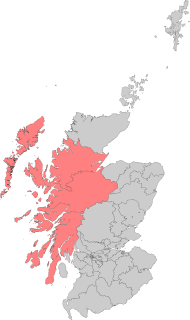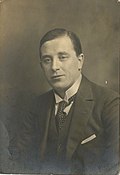Westminster Abbey was a constituency in the Parliament of the United Kingdom. It returned one Member of Parliament (MP) to the House of Commons by the first past the post system of election.
Alexander Lyle-Samuel was a businessman from Birmingham and Liberal member of the House of Commons. He represented the constituency of Eye in East Suffolk from 1918 until 1923 and was involved in a difficult court case when he was forced to defend himself against a series of allegations made by a defeated political opponent.
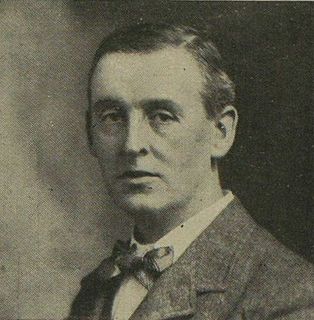
The Stockport by-election, 1920 was a parliamentary by-election held on 27 March 1920 for the constituency of Stockport, in Cheshire.
The Paisley by-election, 1920 was a parliamentary by-election held on 12 February 1920 for the British House of Commons constituency of Paisley in Scotland. It was caused by the death of the constituency's sitting Liberal Member of Parliament (MP) Sir John Mills McCallum.
The Kingston upon Hull Central by-election, 1919 was a parliamentary by-election held for the British House of Commons constituency of Kingston upon Hull Central on 29 March 1919. The by-election was the fifth to be held during the 1918-1922 parliament.

The St Ives by-election, 1928 was a by-election held on 6 March 1928 for the British House of Commons constituency of St Ives in Cornwall.
The Aberdeenshire and Kincardineshire Central by-election was a parliamentary by-election held for the British House of Commons constituency of Aberdeenshire and Kincardineshire Central on 16 April 1919.
The Middleton and Prestwich by-election, 1920 was a by-election held on 22 November 1920 for the British House of Commons constituency of Middleton and Prestwich in Lancashire.

Sir William Ryland Dent Adkins was an English barrister, judge and Liberal politician.

The Bodmin by-election, 1922 was a parliamentary by-election for the British House of Commons. The constituency of Bodmin in Cornwall polled on 24 February 1922. The by-election was notable for the opposition Liberal Party gaining a seat from the Coalition supporting Conservative Party.

Sir William Sutherland, KCB, PC was a Scottish civil servant, Liberal Party politician and colliery owner. He was closely associated with Prime Minister David Lloyd George serving as his private and press secretary and later as his Parliamentary Private Secretary. He was one of Lloyd George’s go-betweens in the sale of honours for the Lloyd George Fund. In his dealings with the press he would certainly have been labelled a spin doctor if that phrase had had currency in the early twentieth century, indeed he has recently been described as "the first of the modern spin doctors".
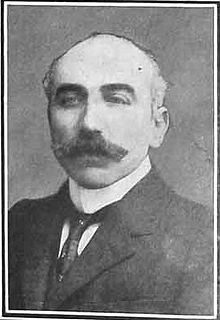
Edward Anthony Strauss was an English corn, grain and hop merchant of German-Jewish background. He was a Liberal, later Liberal National Member of Parliament.
Herbert Harvey Spencer was an English stuff manufacturer and trader and Liberal Party politician.

Sir Ronald Wilberforce Allen was an English lawyer and Liberal politician.
The East Dorset by-election, 1921 was a parliamentary by-election held for the House of Commons constituency of East Dorset on 16 April 1921.
The Northampton by-election was a parliamentary by-election held for the British House of Commons constituency of Northampton on 1 April, 1920.
The Dundee by-election, 1917 was a parliamentary by-election for the British House of Commons constituency of Dundee in the county of Angus held on 30 July 1917.
The Howdenshire by-election, 1926 was a parliamentary by-election for the British House of Commons constituency of Howdenshire in Yorkshire on 25 November 1926.
The Argyllshire by-election, 1940 was a parliamentary by-election for the British House of Commons constituency of Argyllshire, on 10 April 1940.
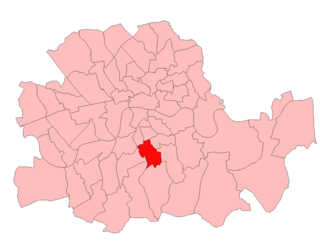
The Camberwell North West by-election, 1920 was a parliamentary by-election held for the British House of Commons constituency of Camberwell North West in the South London district of Camberwell on 31 March 1920.



